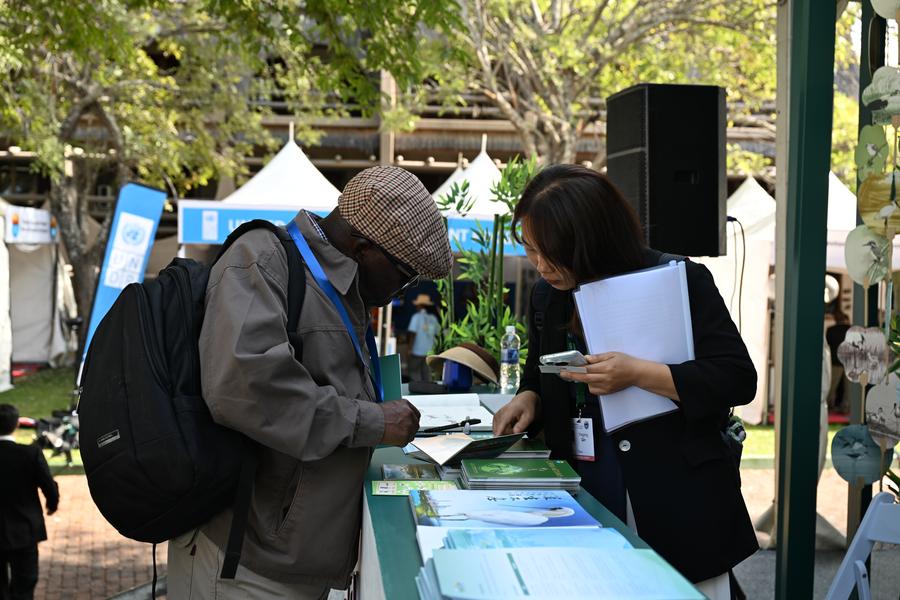African countries stand to gain valuable insights from China’s robust approach to wetland conservation and restoration, according to Julie Mulonga, East Africa Director for Wetlands International.
Speaking on the sidelines of the 15th Meeting of the Conference of the Contracting Parties to the Ramsar Convention on Wetlands (COP15) in Victoria Falls, Mulonga praised China’s leadership in wetland preservation.
Nine Chinese cities were accredited as international wetland cities during COP15, increasing China’s total to 22—the highest number globally.
“Having nine cities accredited is a positive thing. It shows that they are determined to lead the way in wetland conservation and restoration,” Mulonga said.
She highlighted the potential for African nations to learn from China’s accreditation process, including the strategies employed and challenges overcome, to bolster their own wetland conservation efforts.
Mulonga described China’s achievement as a milestone and called for enhanced cooperation between China and African nations in wetland preservation. While many African countries have established policies to protect wetlands, she noted that insufficient investment in implementation remains a significant barrier.
“We have some of the policies in place in certain countries, but the problem is implementation. So perhaps we need to invest more in making sure those strategies and policies are carried out,” she said.
China’s legislative framework for wetland protection was also lauded as a model for other nations.
“I think it’s an example that we can all learn from,” Mulonga added, emphasizing the importance of enforceable laws to support conservation efforts.
The COP15, held in Zimbabwe’s scenic resort city, underscores the global commitment to safeguarding wetlands, which are critical for biodiversity, climate regulation, and sustainable development.






